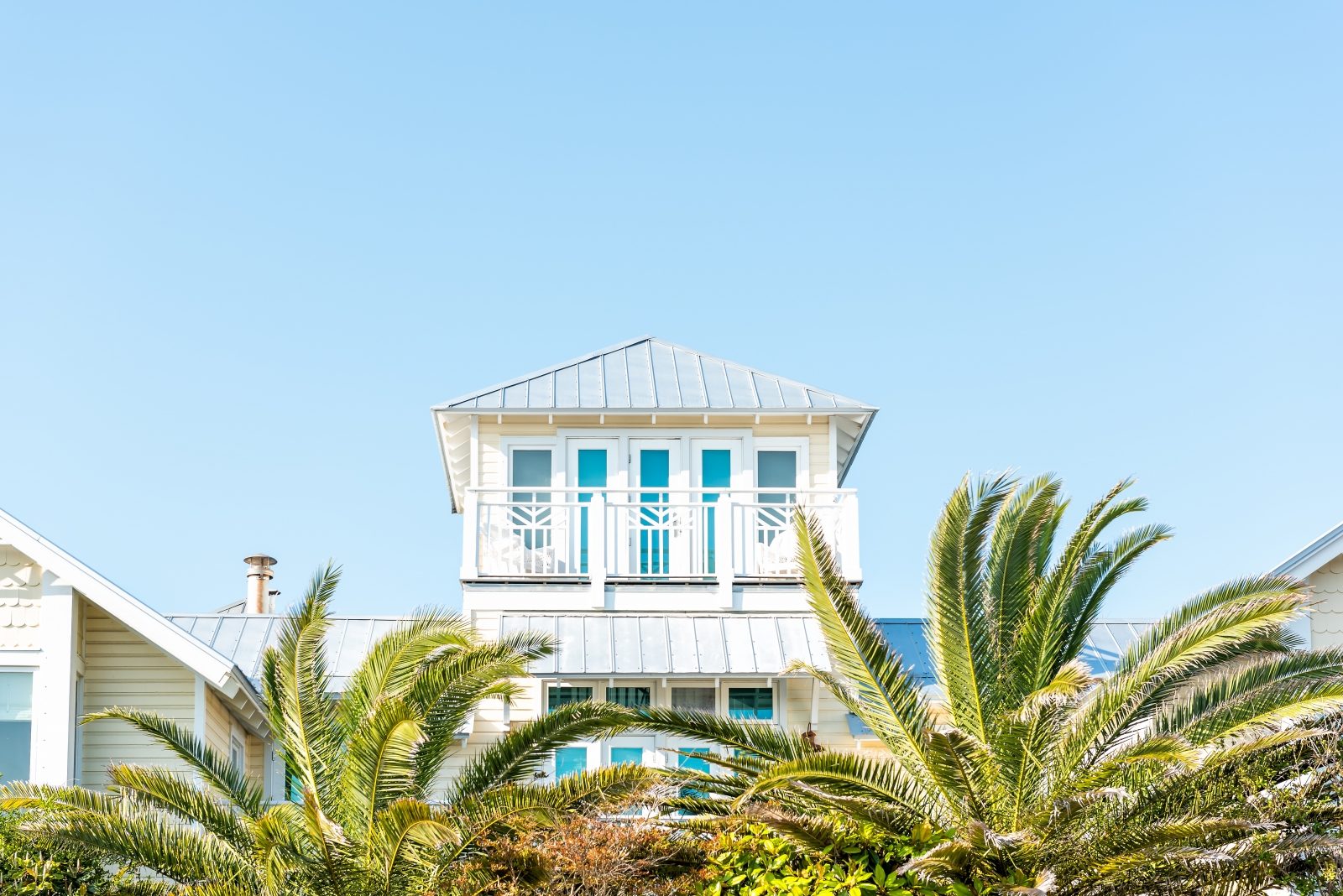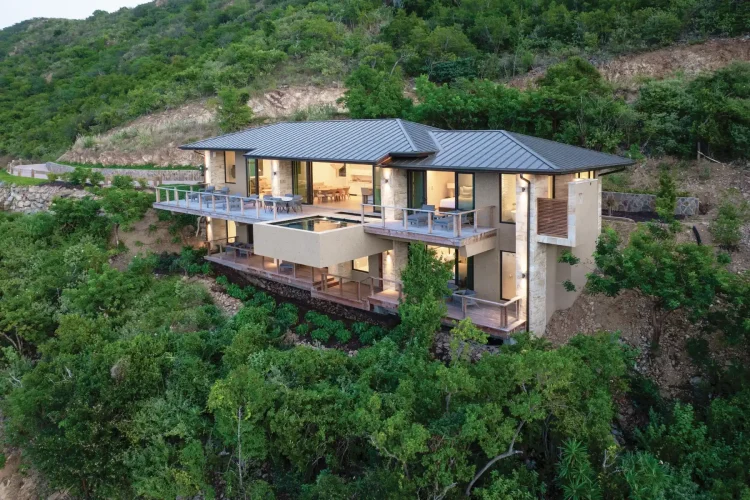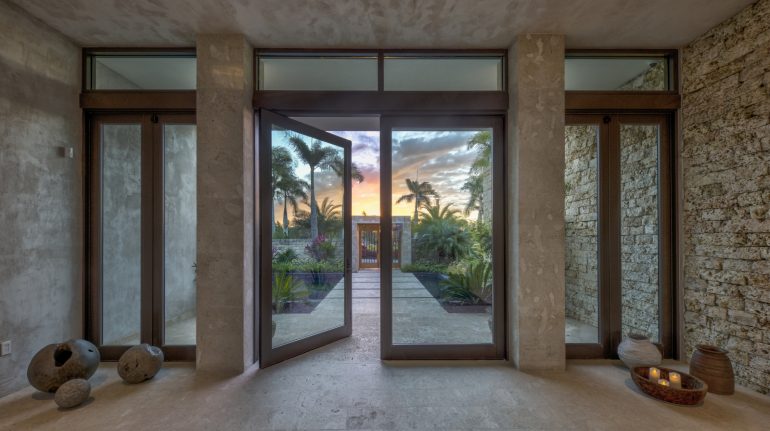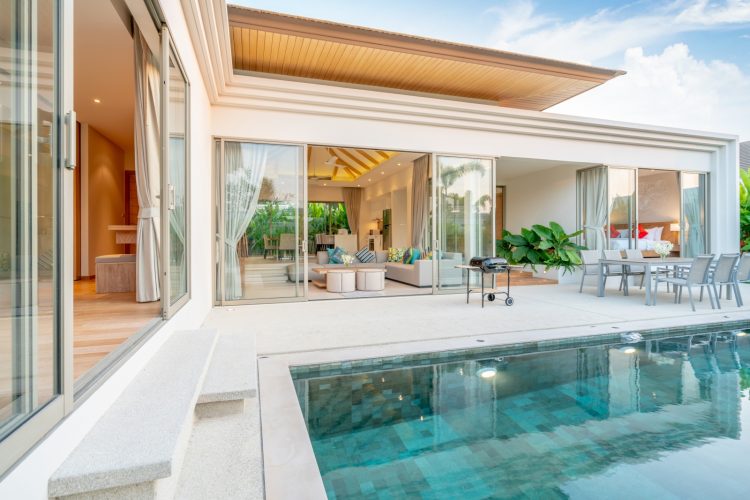In the BVI, the terms valuation and appraisal as well as valuer and appraiser are used interchangeably. Valuation and valuer are the more commonly used terms in the UK while Appraisal and appraiser tend to be preferred in the US. But essentially, in the BVI, they are the same.
Valuation Standards
Valuations or appraisals are undertaken by qualified and experienced valuers, who are familiar with market conditions, current sales activity and construction costs. Valuers are required to adhere to internationally adopted standards of valuation. Those standards most commonly adopted in the BVI are:
– RICS Valuation – Global Standards 2022 (The Red Book) published by the Royal Institution of Chartered Surveyors in the UK.
– Uniform Standards of Professional Appraisal Practice January 2024 Edition (‘USPAP’) published by the Appraisal Foundation in the US.
– International Valuation Standards 2022, published by the International Valuation Standards Council.
All these standards seek to improve the credibility and reliability of valuations. Ethical conduct is a key part of these standards. Most importantly, valuers are required to render an independent and unbiased estimate of value.
Definition of “Market Value”
Although valuations may be required for many different purposes, most often, valuers are required to provide an estimate of market value. The following definition of market value, set out in the International Valuation Standards 2022 has been widely adopted:
“Market Value is the estimated amount for which an asset or liability should be exchanged on the valuation date between a willing buyer and a willing seller in an arm’s length transaction, after proper marketing and where the parties had each acted knowledgeably, prudently and without compulsion. (IVS 104, page 22, 30.1)”.
Market value is determined by numerous factors, including:
– Title, including any legal covenants;
– Physical location and access;
– Building structure and its condition;
– Market conditions; and
– Income generation capacity for some types of property.
In essence, where a valuer is asked to provide the market value of a property, they are seeking to estimate what the property would sell for if placed on the market at the date of valuation. Valuations are typically undertaken on a comparable basis (looking at what cost similar properties have sold), the income basis (adopted for income-generating properties) or replacement cost valuations (typically adopted for insurance valuations).
Market demand and supply can fluctuate which may cause values to increase or decline. Critically, valuations must reflect market conditions at the date of valuation. For this reason, valuers need to be informed about current market activity and whether demand and supply are increasing or declining.
Valuations in the BVI
Most commonly, homeowners will require a valuation for the following purposes:
– Construction Finance;
– Estate planning/probate;
– Mortgage;
– Stamp Duty;
– Non-Belonger Landholding Licence; and
– Insurance.
Construction Finance
Purchasing a parcel of land to design and build your own home is a popular approach to achieving homeownership in the BVI. Such purchasers will commonly seek bank financing.
At the outset, the bank will engage a valuer to assess the value of the land, the cost of construction and the market value on completion. During construction, the bank will monitor the release of funds to the contractor and at each drawdown, an updated valuation will be required to assess construction progress against the funds advanced. On completion of the building, the bank will require a final valuation to confirm completion and to update the original estimate of market value before converting the construction loan to a long-term mortgage.
Estate Planning / Probate
Frequently, property owners will require a market valuation as part of their tax planning or other personal reasons which could include probate or divorce proceedings.
Mortgage on Completed Home
When a purchaser requires financing for a completed home, the bank will engage a valuer to estimate the market value of the property to assist the bank in determining how much to lend.
Over the life of a property, homeowners may seek additional financing for home improvements and the lender will usually require an updated valuation to be prepared to assess the current market value and the impact of the intended improvements.
As their means change, homeowners may also choose to seek to refinance their property. This could either be with the existing or an alternative lender and in both cases, a re-valuation will likely be required.
Non-Belonger Land Holding Licence Application
Non-Belongers acquiring either land or a completed home in the BVI are required to obtain a Non-Belonger Land Holding Licence before they can close on their purchaser. Amongst the documents that must be provided to the Ministry of Natural Resources is a valuation of the property being acquired.
Stamp Duty
All private sector property transactions in the BVI are subject to stamp duty at the time of registration in the Land Registry.
Stamp duty is calculated at the rate of 4.0% for Belongers or 12.0% for Non-Belongers. The duty is charged on the consideration paid or the market value of the real property, whichever is greater. Stamp Duty is collected by Inland Revenue, which will require property purchasers to present a market valuation of the property along with a copy of the executed Transfer Deed.
Insurance
Every person who owned a home in the BVI in September 2017 following the passage of Hurricanes Irma and Maria will require little persuasion on the importance of having adequate property insurance. Where a homeowner carries a mortgage, the lender will almost always require the homeowner to carry property insurance.
Banks and insurance companies will commonly require an insurance valuation to be prepared to ensure that the coverage of the insurance policy is adequate.
Valuations prepared for insurance purposes are not concerned with the market value of the property. Instead, they focus on the cost of rebuilding the property. This is because the basis of property insurance settlement is the cost of reinstating a property if it is damaged by an insured risk. The most common risks in this region are fire, hurricanes and earthquakes.
Before the storms of September 2017, it was quite common practice to base insurance coverage on either the market value of the property or the mortgage amount. As some homeowners discovered, using either of these measures can result in either under or over-insurance as neither of these figures represents the cost of rebuilding which is the correct basis for insurance.
Christie’s International Real Estate BVI has a team of qualified valuers/appraisers with more than 50 years of experience in the BVI and the Caribbean. Our clients include commercial banks, insurance companies, Government, Statutory Bodies and the private sector.
Visit Christie’s International Real Estate BVI at Britannic Hall, 150 Main Street, Road Town, Tortola or visit the website www.cirebvi.com. Telephone +1-284-494-2446 to discuss your valuation/appraisal needs.
Christie’s International Real Estate BVI provides detailed market research and analysis of legal titles that are fundamental to establishing market values in the Caribbean.
Archibald C. Christian
Archibald Christian specialises in the valuation of single and multi-family residential properties, apartments and vacant land.
Abdool I Sattaur MRICS MICE MCInstCES CBuildE M ASCE
Abdool Sattaur is qualified as a Chartered Civil Engineer and Chartered Surveyor, providing valuation, construction management, analysis and consulting services for residential and commercial real estate.
Edward Childs MRICS
Edward Childs specialises in development consulting and commercial valuations.
Anthony J C Campbell FRICS
Anthony Campbell undertakes commercial valuations in the BVI and Eastern Caribbean with an emphasis on the resort sector.






